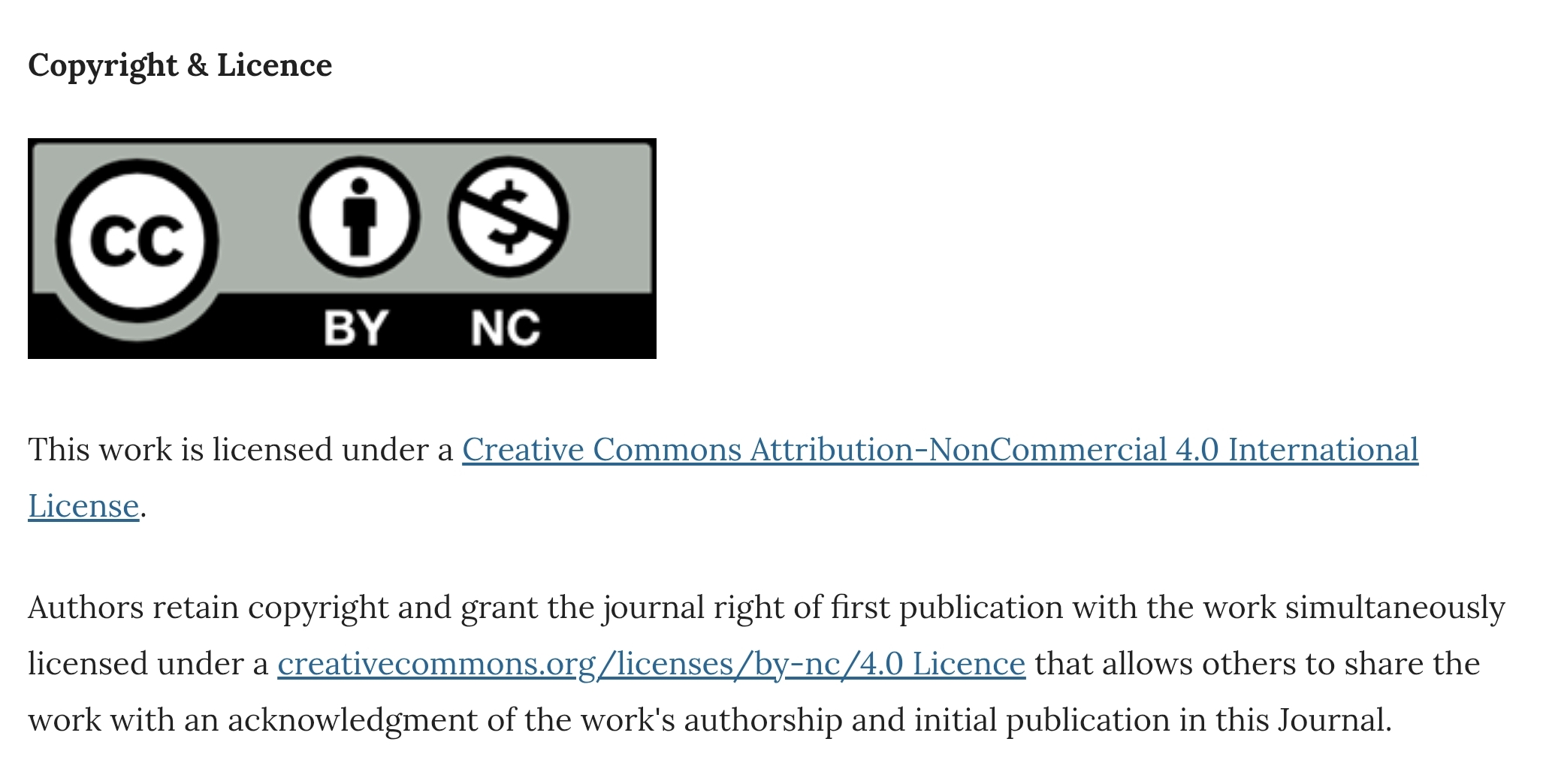Cognitive dysfunction and its correlates in male inpatients with alcohol dependence: A comparative cross-sectional study
DOI:
https://doi.org/10.30834/KJP.36.2.2024.366Keywords:
Alcohol dependence, cognitive impairment, MoCAAbstract
Background: Alcohol is the most widely used psychoactive substance worldwide. More than 50% of alcohol dependent subjects can have alterations in cognitive functions. Cognitive dysfunction interferes with treatment and increases the risk of relapse in alcohol dependence; hence, its identification has potential therapeutic implications. We compared the cognitive dysfunction in alcohol dependent inpatients with controls. Methods: This hospital-based cross-sectional comparative study was conducted in a tertiary center in South India. The study population consisted of 76 consenting male psychiatry inpatients of the age group 18-65 years with alcohol dependence who did not have delirium, while 76 caregivers who accompanied patients to the hospital and were not dependent on alcohol were the controls. The severity of alcohol dependence in the study group was assessed using the Short Alcohol Dependence Data Questionnaire (SADD), and the cognitive functions of both groups were evaluated by the Montreal Cognitive Assessment (MoCA). Results: The prevalence of cognitive impairment was higher in the study group than in controls (96.1% vs. 36.8%, p = 0.001). Conclusion: There is a significantly greater cognitive impairment in those with alcohol dependence compared to those without. Evaluating alcohol dependent patients for cognitive impairment can have important therapeutic and prognostic implications.
Downloads
References
World Health Organization. The ICD-10 classification of mental and behavioural disorders: Diagnostic criteria for research. Geneva: World Health Organization; 1993.
Eashwar VMA, Umadevi R, Gopalakrishnan S. Alcohol consumption in India – An epidemiological review. J Fam Med Prim Care 2020;9:49-55.
Rathod SD, Nadkarni A, Bhana A, Shidhaye R. Epidemiological features of alcohol use in rural India: a population-based cross-sectional study. BMJ Open 2015;5:e009802. doi: 10.1136/bmjopen-2015-009802.
Gururaj G, Varghese M, Benegal V, Rao GN, Pathak K, Singh LK, et al. National Mental Health Survey of India, 2015-16: Mental Health Systems. Bengaluru, National Institute of Mental Health and Neuro Sciences: NIMHANS Publication No. 130;2016.
International Institute for Population Sciences (IIPS) and Macro International. National Family Health Survey (NFHS-3), India, 2005-06: Kerala. Mumbai: IIPS; 2008.
National Institute of Medical Statistics, Indian Council of Medical Research (ICMR). IDSP Non-Communicable Disease Risk Factors Survey, Phase-I States of India, 2007-08. New Delhi, India: National Institute of Medical Statistics and Division of Non-Communicable Diseases, Indian Council of Medical Research; 2009.
Vidhukumar K, Nazeer E, Anil P. Prevalence and pattern of alcohol use in Kerala – A district based survey. International Journal of Recent Trends in Science and Technology 2016;18:363-7.
Michalak A, Biala G. Alcohol dependence - neurobiology and treatment. Acta Pol Pharm 2016;73:3-12.
Rao PSS, Bell RL, Engleman EA, Sari Y. Targeting glutamate uptake to treat alcohol use disorders. Front Neurosci 2015;9:144. Available from: https://doi.org/10.3389/fnins.2015.00144.
Fein G, Bachman L, Fisher S, Davenport L. Cognitive impairments in abstinent alcoholics. West J Med 1990;152:531–7.
Bernardin F, Maheut-Bosser A, Paille F. Cognitive impairments in alcohol-dependent subjects. Front Psychiatry 2014;5:78. Available from: doi:10.3389/fpsyt.2014.00078.
Davies SJC, Pandit SA, Feeney A, Stevenson BJ, Kerwin RW, Nutt DJ, et al. Is there cognitive impairment in clinically “healthy” abstinent alcohol dependence? Alcohol Alcoholism 2005;40:498-503.
Kopera M, Wojnar M, Brower K, Glass J, Nowosad I, Gmaj B, et al. Cognitive functions in abstinent alcohol-dependent patients. Alcohol 2012;46:665–71.
Allsop S, Saunders B, Phillips M. The process of relapse in severely dependent male problem drinkers. Addiction 2000;95:95–106.
Viswam A, Nagarajan P, Kuppili PP, Bharadwaj B. Cognitive functions among recently detoxified patients with alcohol dependence and their association with motivational state to quit. Indian J Psychol Med 2018;40:310-4.
Nasreddine ZS, Phillips NA, Bédirian V, Charbonneau S, Whitehead V, Collin I, et al. The Montreal Cognitive Assessment, MoCA: a brief screening tool for mild cognitive impairment. Journal of the American Geriatrics Society 2005;53:695–9.
Alarcon R, Nalpas B, Pelletier S, Perney P. MoCA as a screening tool of neuropsychological deficits in alcohol-dependent patients. Alcohol Clin Exp Res 2015;39:1042–8.
Mahendran R, Chua J, Feng L, Kua EH, Preedy VR. The Mini-Mental State Examination and other neuropsychological assessment tools for detecting cognitive decline. In: Martin,CR, Preedy VR, editors. Diet and nutrition in dementia and cognitive decline. London, UK: Academic Press; 2015. pp. 1159–1174.
Davidson R, Raistrick D. The validity of the Short Alcohol Dependence Data (SADD) Questionnaire: a short self-report questionnaire for the assessment of alcohol dependence. Br J Addict 1986;81:217–22.
Raistrick D, Dunbar G, Davidson R. Development of a questionnaire to measure alcohol dependence. Br J Addict 1983;78:89–95.
Falk DE, Yi H-ye, Hiller-Sturmhöfel S. An epidemiologic analysis of co-occurring alcohol and tobacco use and disorders: findings from the National Epidemiologic Survey on Alcohol and Related Conditions. Alcohol Res Health 2006;29:162–71.
Grant BF. The impact of a family history of alcoholism on the relationship between age at onset of alcohol use and DSM-IV alcohol dependence: results from the National Longitudinal Alcohol Epidemiologic Survey. Alcohol Health Res World 1998;22:144-7.
Kattimani S, Sarkar S, Bharadwaj B, Shaik S, Menon V, Mehalingam V. Medical co-morbidities in patients with alcohol dependence – does nicotine matter? International Journal of Emergency Mental Health and Human Resilience 2015;17:616-7.
Miller NS, Gold MS. Comorbid cigarette and alcohol addiction: epidemiology and treatment. J Addict Dis 1998;17:55–66.
Downloads
Published
How to Cite
Issue
Section
License
Copyright (c) 2024 Rajula KP, Dayal Narayan (Author)

This work is licensed under a Creative Commons Attribution-NonCommercial 4.0 International License.












